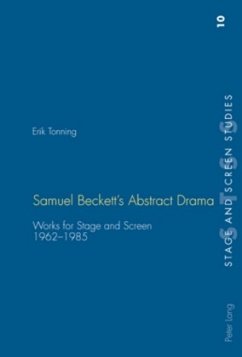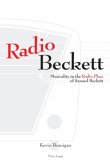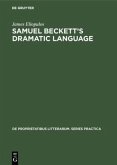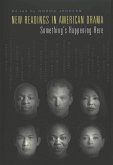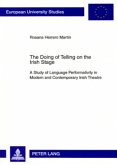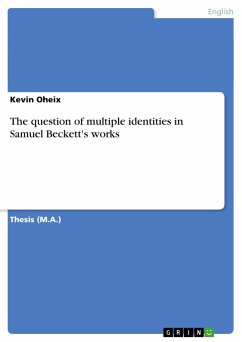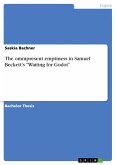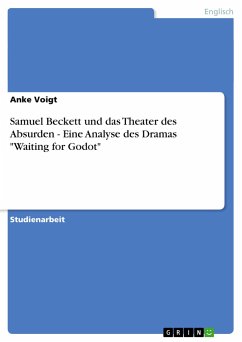Samuel Beckett's Play, written 1962-63, was an aesthetic watershed inaugurating his late, 'abstract' dramatic style. This book gets close to Beckett's creative process by examining the possible influence of Arnold Schoenberg's twelve-tone music and Vassily Kandinsky's abstract painting upon this formal shift; by tracing Beckett's developing attitude to abstraction and its relation to his long-standing preoccupation with the 'breakdown' of the subject-object relation and the ultimate failure of all expression; and by following his formal choices through manuscript drafts. The author goes on to analyse Beckett's attempt to adapt his new methods to the media of film and television, and to demonstrate how Beckett's late works for stage and screen develop alongside one another right up to his 1985 adaptation of the play What Where for television. Throughout the book, unpublished manuscript materials such as Beckett's letters, drafts, notes on philosophy, psychology and art, and his 'German diaries' augment a detailed account of the submerged sources that Beckett appropriated to the evolving needs of his abstract dramatic art.
«The strength of 'Samuel Beckett's Abstract Drama' is in its nuanced refusal to read Beckett's plays in exclusively formal terms (...). Its careful close analyses of the often oxymoronic cadences of individual plays are also consistently strong (...). There are suggestive engagements with Beckett's reading and note-taking and an astute use of manuscripts to illuminate readings of the plays, particularly a Jungian reading of 'Footfalls', and the complex textual genesis of 'Play'.» (Sinéad Mooney, The Review of English Studies)
«While Erik Tonning's immediate focus is abstraction in the later drama for stage and screen, he recognizes Samuel Beckett's sustained allegiance to the particulars of art and thought in the earlier writings; the outcome is the best study yet of the paradox of continuity whereby Beckett's emphatic 'rupture of the lines of communication' came to determine the shape of his aesthetic and artistic trajectory.» (Professor Chris Ackerley, University of Otago)
«This is a serious scholarly study, which breaks new ground in situating Beckett's work in relation to visual, and specifically German and abstract, art. It also proposes an original philosophical interpretation of the later works.» (Christopher Butler, Professor of English Language and Literature, University of Oxford)
«While Erik Tonning's immediate focus is abstraction in the later drama for stage and screen, he recognizes Samuel Beckett's sustained allegiance to the particulars of art and thought in the earlier writings; the outcome is the best study yet of the paradox of continuity whereby Beckett's emphatic 'rupture of the lines of communication' came to determine the shape of his aesthetic and artistic trajectory.» (Professor Chris Ackerley, University of Otago)
«This is a serious scholarly study, which breaks new ground in situating Beckett's work in relation to visual, and specifically German and abstract, art. It also proposes an original philosophical interpretation of the later works.» (Christopher Butler, Professor of English Language and Literature, University of Oxford)

